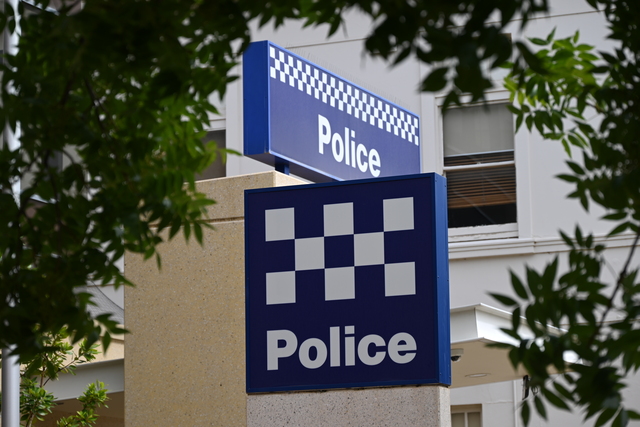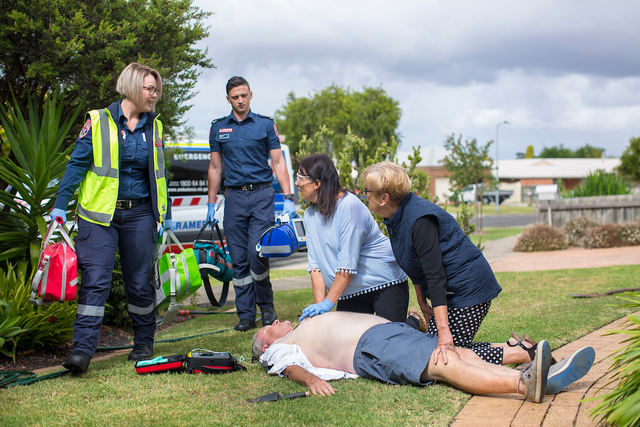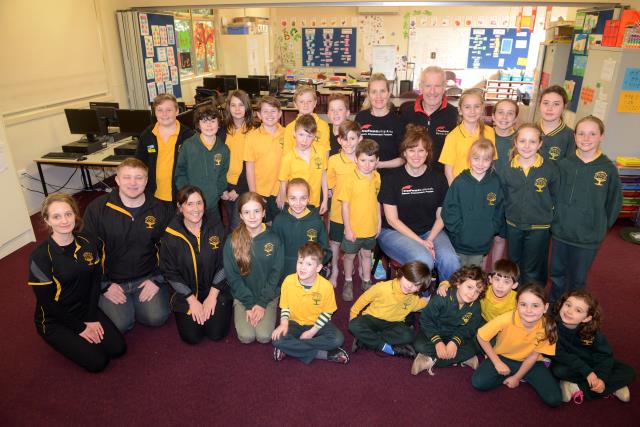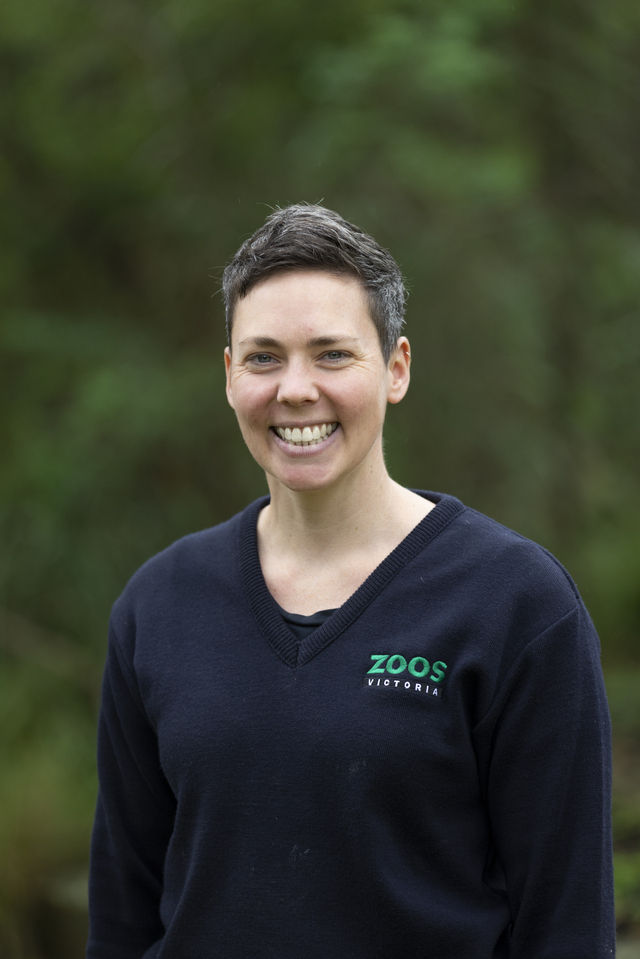By Dion Teasdale
AUSTRALIA’S ambulance union wants an overhaul of the Metropolitan Ambulance Service’s (MAS) vehicle inspection, crash investigation and dispatch protocols.
The call was made last week as part of Ambulance Employees Australia’s (AEA) final submission to the coroner investigating the deaths of two Healesville paramedics on the Black Spur.
Robert Bland and Phillip Oakley were killed after the ambulance they were travelling in crashed on a bend on the windy stretch of road on January 2, 2004.
The inquest into the deaths of the two paramedics opened on Monday, 28 November and wound up at noon on Thursday, 1 December.
On Tuesday, 29 November VicRoads closed a seven-kilometre stretch of the Maroondah Highway, between Selovers Lookout and Fernshaw Reserve, for the coroner, Phillip Byrne, to inspect the fatal crash site.
After the inquest the AEA called for the coroner to hand down four recommendations as part of his findings.
The recommendations include suggestions that the MAS improve time and equipment for emergency vehicle inspections, formalise its crash investigation processes and review its dispatch protocols.
The AEA has also called for drivers of emergency vehicles to be provided with ongoing training, and for uniform driver training to be conducted by Victoria Police.
However, concerns about the safety of the fuel system belonging to the vehicle Mr Bland and Mr Oakley were travelling in, which had been flagged by the AEA, were not raised at the inquest.
“We were going to raise concerns about the fuel device in the vehicle overheating and its effect on the steering and brakes,” AEA general secretary Steve McGhie said.
“However, we couldn’t get enough conclusive evidence to show that it could have been a contributing factor in this case.”
Despite this, Mr McGhie said he was pleased with the way the inquest proceeded and was confident of a prompt and fair result.
“We felt the case went very well. The coroner was very astute and considered all the material presented,” he said.
“I’m confident he’ll hand down a fair decision and that we’ll get some of our recommendations.”
MAS chief executive officer, Greg Sassella, said he did not wish to speculate on whether the coroner would include the AEA’s recommendations in his findings.
“I hope that this inquest brings some conclusion to what has been a tragic incident for the MAS,” he said.
“This incident was the first death of paramedics within our 103-year history and I hope that the coroner’s findings and recommendations will do everything to minimise any future events.”
Senior Constable Andreas Heckmann, of the Major Collision Investigations Unit (MCIU), the principal police investigator for the case, said he was pleased with the inquest.
“Despite the fact that there were some fairly complex matters raised, all evidence was tended and given a full hearing,” he said.
Sen Const Heckmann said the coroner did not indicate how long it would take to hand down his findings.
“He did, however, say that he’d like to present his findings sooner rather than later for the peace of the families and emergency service personnel involved,” he said.
Inquest appeal
Digital Editions
-

Police seek information about Coldstream arsons
Yarra Ranges Crime Investigation Unit are investigating a series of arsons surrounding the Halley Supple Reserve (Coldstream Football / Cricket Club Oval) between 3 and…





